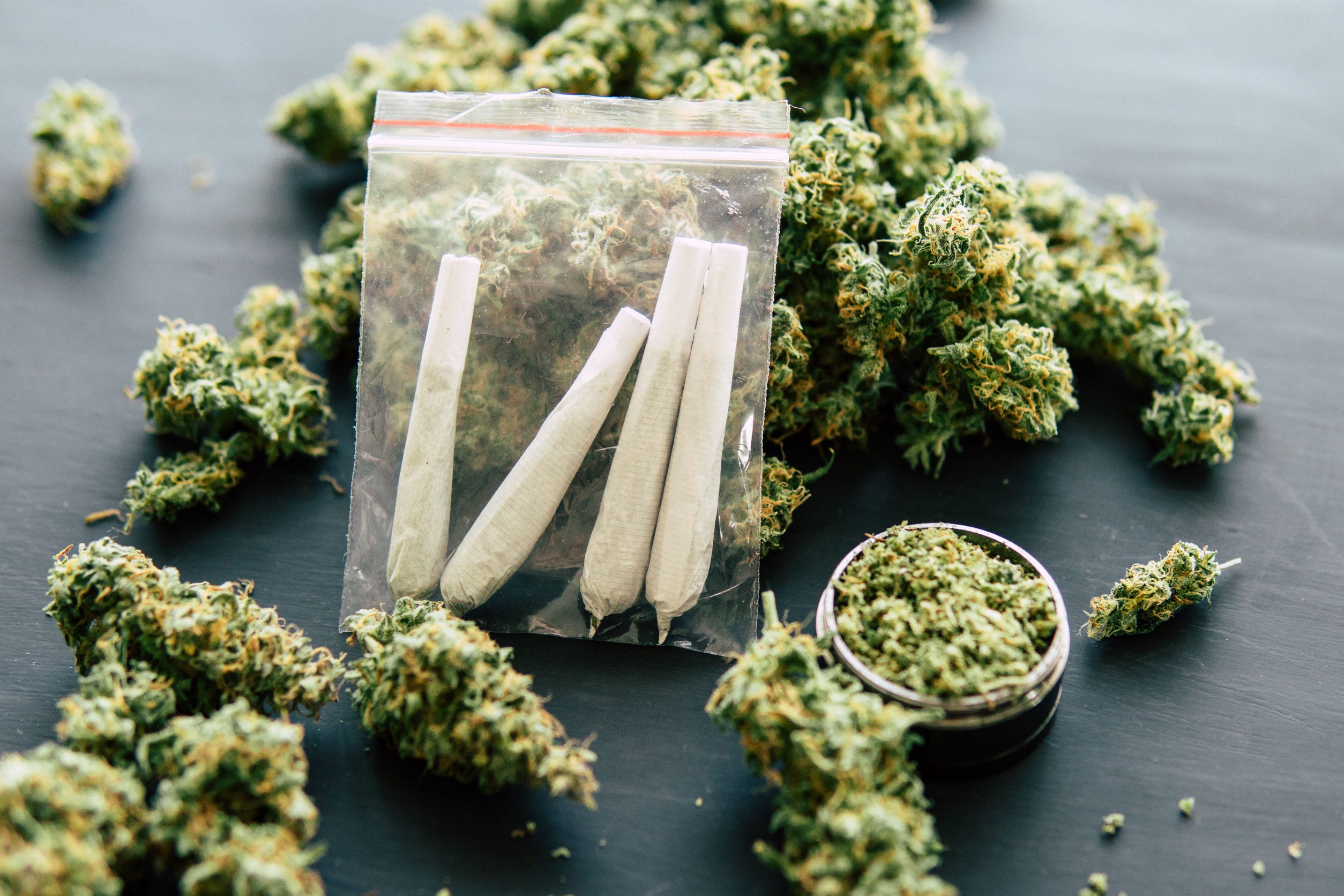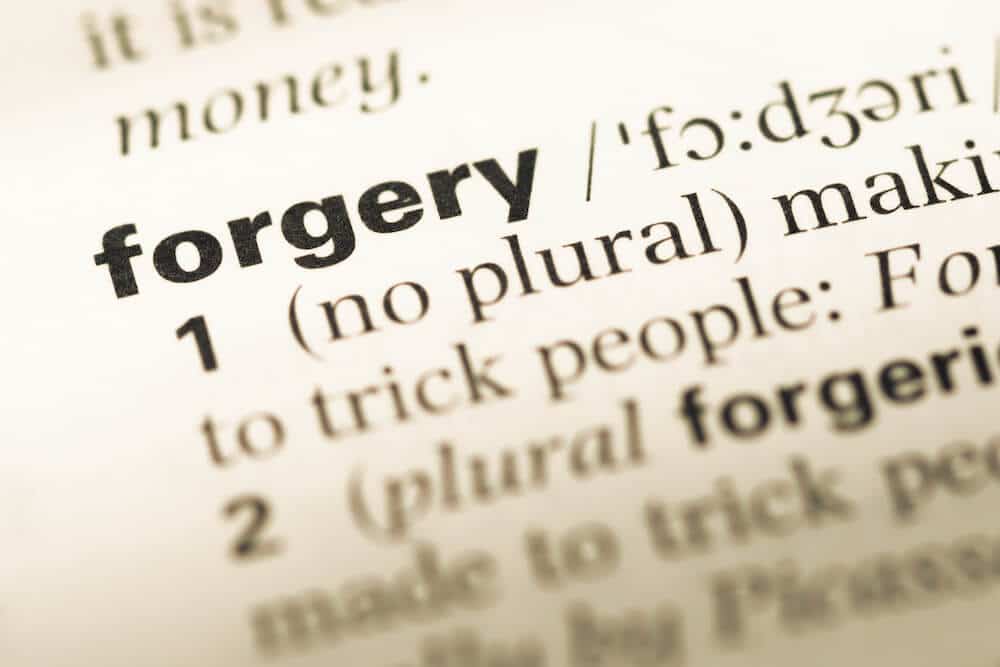- Home
- THE FIRM+
- Criminal Defense+
- CASE RESULTS
- AREAS WE SERVE+
- FAQ’s
- Blog
- Contact
AZHARI LLC BLOG

Posted By: Sami Azhari
Category:
Despite ever-relaxing attitudes towards cannabis in Illinois and nationwide, illegal cannabis trafficking is still very much alive.
For many professional drug operations, it is the most profitable drug to traffic, in fact, and eradicating illegal operations is still at the forefront of law enforcement agendas statewide.
So heed this warning: Even if you have no intention of selling or trafficking, possessing large amounts of cannabis, or the presence of common household items also associated with drug distribution could land you with a trafficking charge.
We’ve put together a guide covering what’s legal and what isn’t in terms of Illinois marijuana possession, and how prosecutors draw the line between simple possession and trafficking.
Legal Possession of Marijuana
In January 2020, the Illinois legislature legalized adult use of cannabis. Cannabis possession is legal in Illinois so long as it meets the following criteria:
- Obtained from a licensed retailer, or if you are a medical user, cultivated at home (non-medical users cannot cultivate)
- A person in possession is 21 or older
- The amount does not exceed one ounce of dried flower or 5 grams of concentrate
- Cannabis is consumed at home or at certain approved locations
Illegal Possession of Marijuana
Marijuana possession is illegal under the following circumstances:
- Marijuana was obtained from a black market dealer, or cultivated by a non-medical user
- Amount of marijuana in possession exceeds one ounce of flower or 5 grams of concentrate
- A person in possession is a minor under 21
Like other drug crimes, the penalties for illegal marijuana possession are set based on the amount of drug in possession, ranging from a misdemeanor for 30-100 grams and a felony for more than 100 grams.
Possession laws cover any amount of marijuana over 30 grams, going all the way up to 5 kilograms or more.
When someone in Illinois is found to be in possession of a greater amount than would be reasonable for personal use, more likely than not, the charge will be bumped up to drug trafficking.
Cannabis Sale and Trafficking
Cannabis sale and trafficking are illegal unless you are an authorized retailer. These offenses are punishable by the amount of cannabis you’re caught with.
You could face the following sentencing and penalties for marijuana sale and trafficking:
- < 2.5 g: Misdemeanor; 6 months in jail and fines up to $1,500
- 5-10 g: Misdemeanor; 1 year in jail and fines up to $2,500
- 10-30 g: Felony; 1-3 years in prison and fines up to $25,000
- 30-500 g: Felony; 2-5 years in prison and fines up to $50,000
- 500 g – 2 kg: Felony; 3-7 years in prison and fines up to $100,000
- 2-5 kg: Felony; 4-15 years in prison and fines up to $150,000
- > 5 kg: Felony; 6-30 years in prison and fines up to $200,000
In addition, you will face enhanced penalties if caught in a drug-free zone and will be subject to mandatory minimums.
How Prosecutors Decide Between Trafficking and Possession
Drug trafficking is a crime of intent; the prosecution must prove beyond a reasonable doubt that the defendant intended to sell or traffic the cannabis in their possession.
The following criteria are used to draw the line between marijuana possession and trafficking:
- Possession of an amount greater than would reasonably be expected for personal use. For example, the only reasonable explanation for being in possession of multiple kilograms of cannabis would be the intent to sell it.
- Presence of ancillary items that are suggestive of drug trafficking, such as firearms, baggies, ties, scales, and large amounts of cash.
- Evidence such as a sting operation sale or cell phone records.
- Absence of drug paraphernalia for cannabis use
Clearly, the line between possession and trafficking is often blurred. A good attorney can cast reasonable doubt on your intent to distribute, greatly reducing your charges. In some cases, your attorney may even be able to cast doubt on your being in illegal possession at all.
About the Author
Sami Azhari has been working as a lawyer since 2007, after receiving his Juris Doctor from the Michigan State University College of Law. He has handled numerous state and federal cases and is known throughout the Chicago and Rolling Meadows area for providing his clients with high-quality, skilled representation. He has been recognized by Avvo (2013 and 2018), SuperLawyers (2015-2020), The National Trial Lawyers, and other notable organizations, and has spoken at a number of legal conferences.


























































